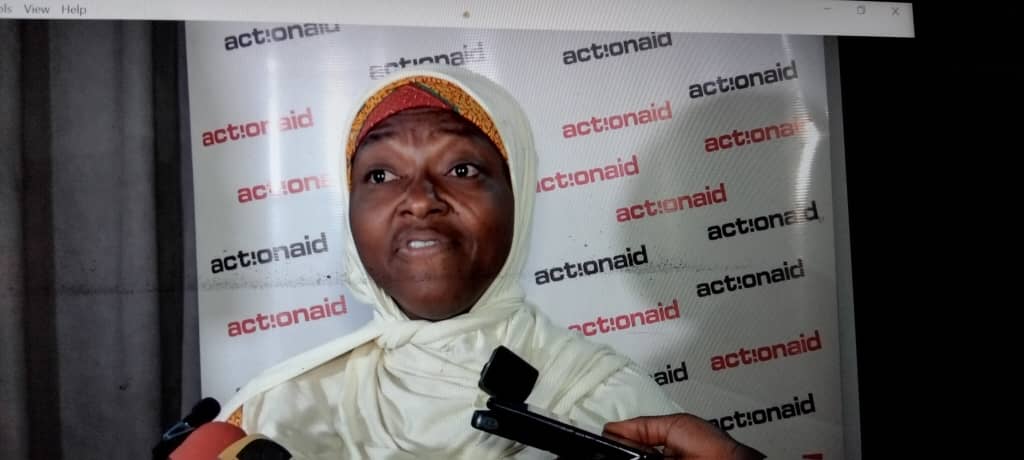Peasant farmers across the five northern regions have expressed frustration over the government’s delayed support for those affected by last year’s prolonged dry spell.
Despite having their data collected, many claim they have yet to receive any assistance. They are appealing to the government to fulfill its promise, as many continue to struggle to feed their families.
These concerns were raised during a stakeholder engagement organized by ActionAid Ghana and Songtaba to assess the impact of the dry spell and discuss possible solutions.
The effects of climate change were deeply felt in northern Ghana last year, particularly by farmers. While climate change may seem like a distant issue to some, its devastating impact was a harsh reality for many.
Farmers endured extended periods without rain, leading to significant losses in productivity. Many crops withered due to the severe dry spell, raising fears of potential food shortages, as the North is considered Ghana’s food basket.
In response, the government pledged to assist affected farmers and collected their data. However, nearly five months later, many farmers claim they have received no support.
With the new farming season approaching, ActionAid Ghana and Songtaba, organizations working closely with farmer groups in the North, convened a stakeholder engagement to reassess the situation.
Speaking at the event, Mumuni Halia, a focal person for ActionAid Ghana, expressed concern over the impact of climate change on farmers and discussed possible mitigation measures.
“One of the most pressing issues affecting Ghana’s agricultural system is the threat of climate change, which is negatively impacting our farmers.”
She highlighted the challenges faced by peasant farmers, particularly women smallholder farmers, who struggle to access fertile land. Despite government intervention, many women farmers have not received the promised support.
She noted that women are often marginalized when it comes to agricultural assistance.
“From our engagement here, it’s clear that the promise the government made to support farmers affected by the drought spell has not been fulfilled. Most of the farmers have not received it, even though data was collected. We want to appeal to the government to ensure the right people receive the support to enable them to recover; otherwise, there could be serious consequences.”
Halia urged the government to ensure that women farmers are included in the distribution of support.
“We are calling on the government to, as a matter of urgency, ensure fairness in the distribution to include women smallholder farmers. Our women are usually marginalized.”
Regarding improved seeds, she stressed the importance of preserving indigenous seed varieties and called for research to enhance local seed quality rather than replacing them entirely.
“Another critical area we recommend is the protection of our indigenous seeds from extinction. However, we are not oblivious to the important role research and development from agricultural institutions can play in this. We want to preserve our indigenous seeds. What are we supposed to do to modify them so that they become climate-resilient?”
Some peasant farmers also shared their concerns with Channel One. Madam Awulatu, a smallholder farmer, spoke about her frustrations.
“The drought affected us so much as women smallholder farmers. When it happened, farmers lost everything, and women smallholder farmers were the most affected because we take microloans and repay them after harvesting. But due to the drought, we were not able to pay our loans. We are calling on the government to introduce policies that would include women smallholder farmers. Women are mostly left out in government policies, and we are appealing for government intervention.”
She acknowledged that the government had indeed promised support, and aid was made available. However, after the December elections, the supplies fell into the wrong hands.
In many districts, relief items were stored in warehouses, supposedly for distribution after the elections. Unfortunately, after the polls, political party foot soldiers looted the supplies, leaving affected farmers with nothing.
Channel One previously reported on similar incidents in Bimbilla, where supporters of both the NPP and NDC allegedly took the aid meant for farmers. This pattern was observed across several districts in the North.
